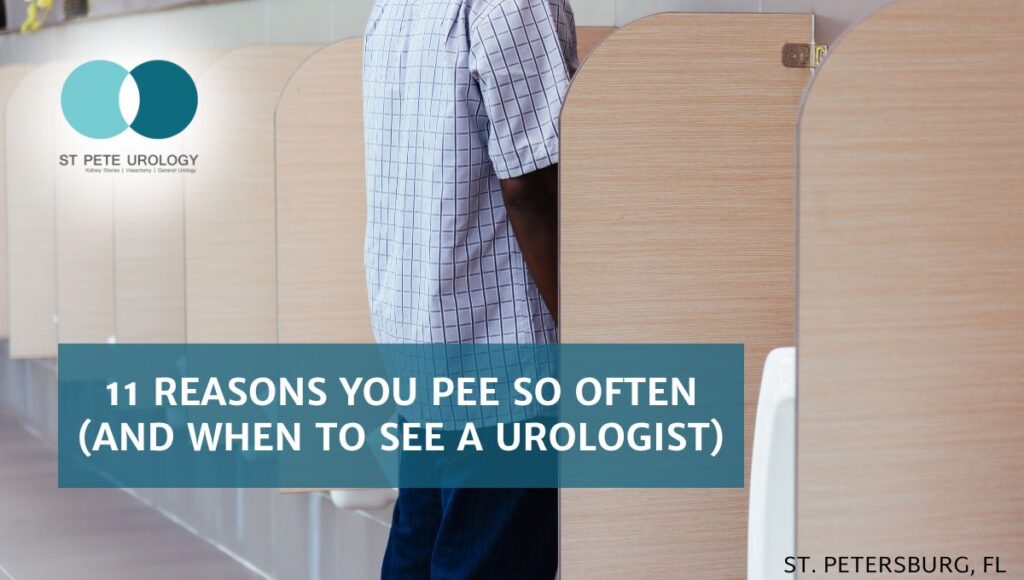 It’s possible. Research published in January 2016 found that men who ate foods high in antioxidants called flavonoids had a lower risk of erectile dysfunction (ED) than those who didn’t eat a flavonoid-rich diet.
It’s possible. Research published in January 2016 found that men who ate foods high in antioxidants called flavonoids had a lower risk of erectile dysfunction (ED) than those who didn’t eat a flavonoid-rich diet.
Flavonoids can be found in certain plant-based foods like citrus fruits, blueberries, strawberries, apples, pears, cherries, blackberries, radishes, and blackcurrant. Some teas, herbs, and wines also have flavonoids in them.
Past studies have shown that consuming flavonoids could reduce a person’s risk for diabetes and heart disease, both of which can lead to ED.
Eating a healthy diet overall, particularly a Mediterranean diet, can go a long way in preserving erectile function, however.
This type of diet includes fruits, vegetables, whole grains, and olive oil. Nuts and fish are good additions.
What does diet have to do with erections?
When a man is sexually-aroused, his penis fills with blood, giving it the firmness it needs for sex. Many men with ED have poor blood flow to the penis. Some medical conditions, like diabetes and heart disease, can damage blood vessels and nerves that are critical for this process.
Eating a healthy diet keeps the body in good working order. It can help men maintain a healthy weight, keep their blood sugar under control, and reduce the risk of blood vessel damage, which can impair blood flow.
Diet isn’t the only path to good erections, however. Other lifestyle habits, like regular exercise, quitting smoking, and managing depression are important too.
A man’s doctor can help him decide which dietary changes to make. However, men who are having trouble with erections should be sure to mention it. Many factors can contribute to ED and it’s best to have a complete medical checkup. [Read Full Article…]





